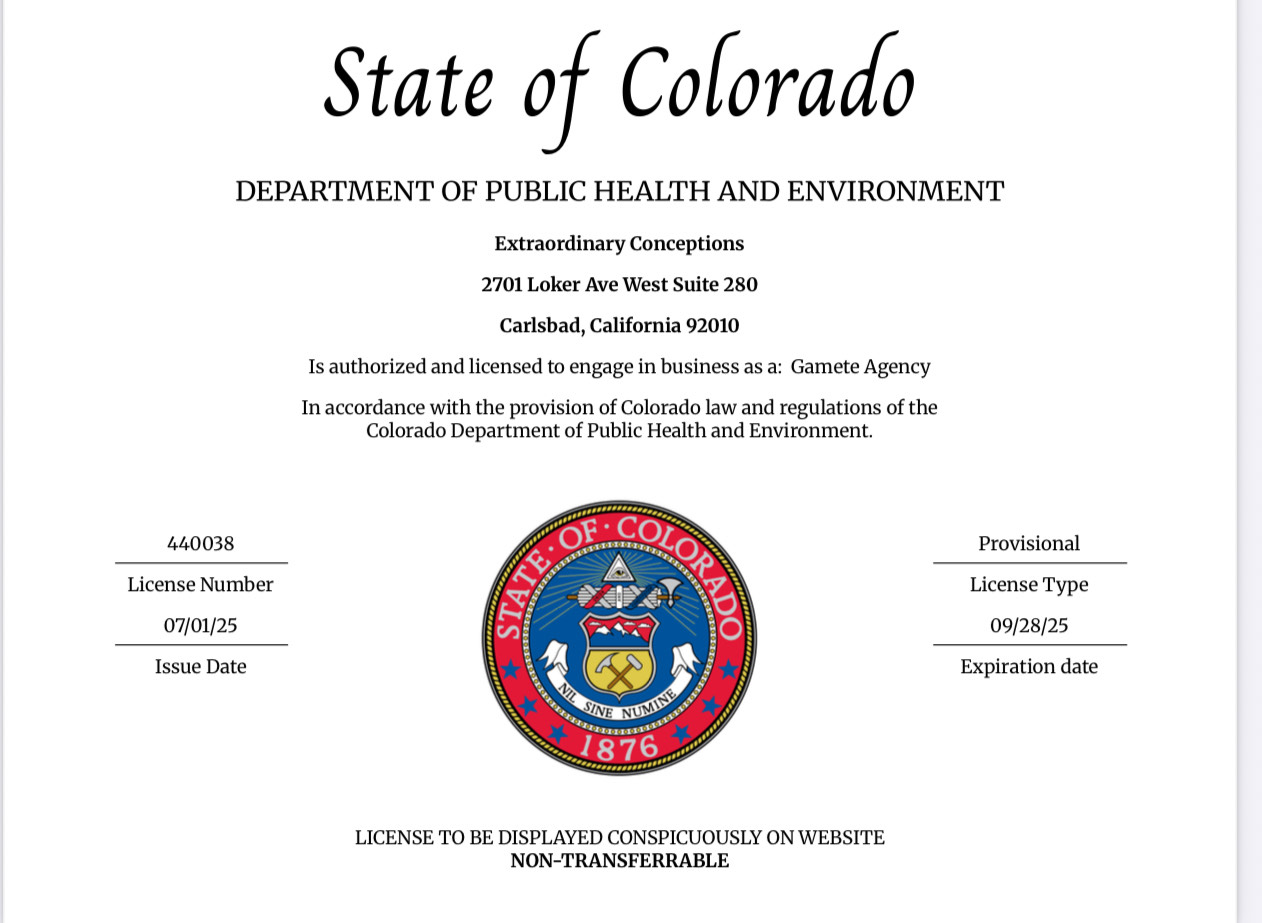
There are many guidelines in choosing a surrogate including making sure the candidate has had healthy pregnancies with no complications.
Surrogacy has grown more popular over the years. Whatever the reason someone decides on surrogacy, many intending parents want to learn the best methods for choosing a surrogate.
Why People Choose Surrogacy
Intending parents find that surrogacy may be their best option in having a child. A surrogate can help an intending mother who has medical issues and is unable to carry a full-term pregnancy.
Examples of this may include:
- Health issues which make pregnancy risky for both the mother and unborn baby
- Medications which could have adverse effects such as hormone suppression to stop breast cancer recurrence
- Uterine conditions
- A surgical procedure such as a hysterectomy
Men may also choose to have a gestational surrogate carry their child. In addition to single heterosexual men, a gay couple requires a surrogate due to their sexual orientation.

Understanding the Two Types of Surrogacy
There are two types of surrogacy arrangements that intending parents may consider: Traditional and gestational.
Traditional surrogacy is when a surrogate has biological ties to the baby she is carrying. Most surrogacy agencies do not take part in traditional surrogacy. Instead, they only have contracts with gestational carriers.
A gestational surrogate is not genetically related to the baby she is carrying. The eggs used are either from the intending mother or an egg donor. Once the egg is fertilized, the embryo is implanted through a minimally invasive procedure called in vitro fertilization (IVF).

How Does Someone Find a Surrogate?
Some intending parents may have someone in their family who volunteers to become a gestational carrier. In arrangements like this, parties will work with a lawyer who specializes in third-party reproduction.
At a surrogacy agency, intending parents will be provided with access to a secure database to view both potential egg donors and surrogates. A reputable surrogacy agency will make all necessary arrangements including medical appointments, medical screenings, psychological screenings, and more. They will also work with leading third-party reproductive attorneys in the contract phase for parental rights and other arrangements.
Surrogacy agencies will have case coordinators and other team members who will provide support to their surrogates throughout their journeys.

What Makes a Great Surrogate?
Choosing a surrogate is a personal decision, and it may take some time. A surrogacy agency is helpful in that they will assist in the matching process. This “match” is from in-depth interviews with surrogate candidates and knowing the wishes of future parents.
The candidates in the database have already undergone a rigorous screening. However, what makes a woman a great surrogate is based on many factors such as:
- A woman who has had at least one healthy pregnancy with no complications
- A candidate who still has one child living at home with her
- A healthy woman between the ages of 19 – 42
- Must have a normal BMI
- A candidate must not smoke or take any recreational drugs
- Has passed her medical and psychological screenings
- A woman who understands her surrogacy contract arrangement
While surrogates do get paid a generous sum, most agree that money was not the primary reason. They wanted to become a surrogate to help someone become a parent.











